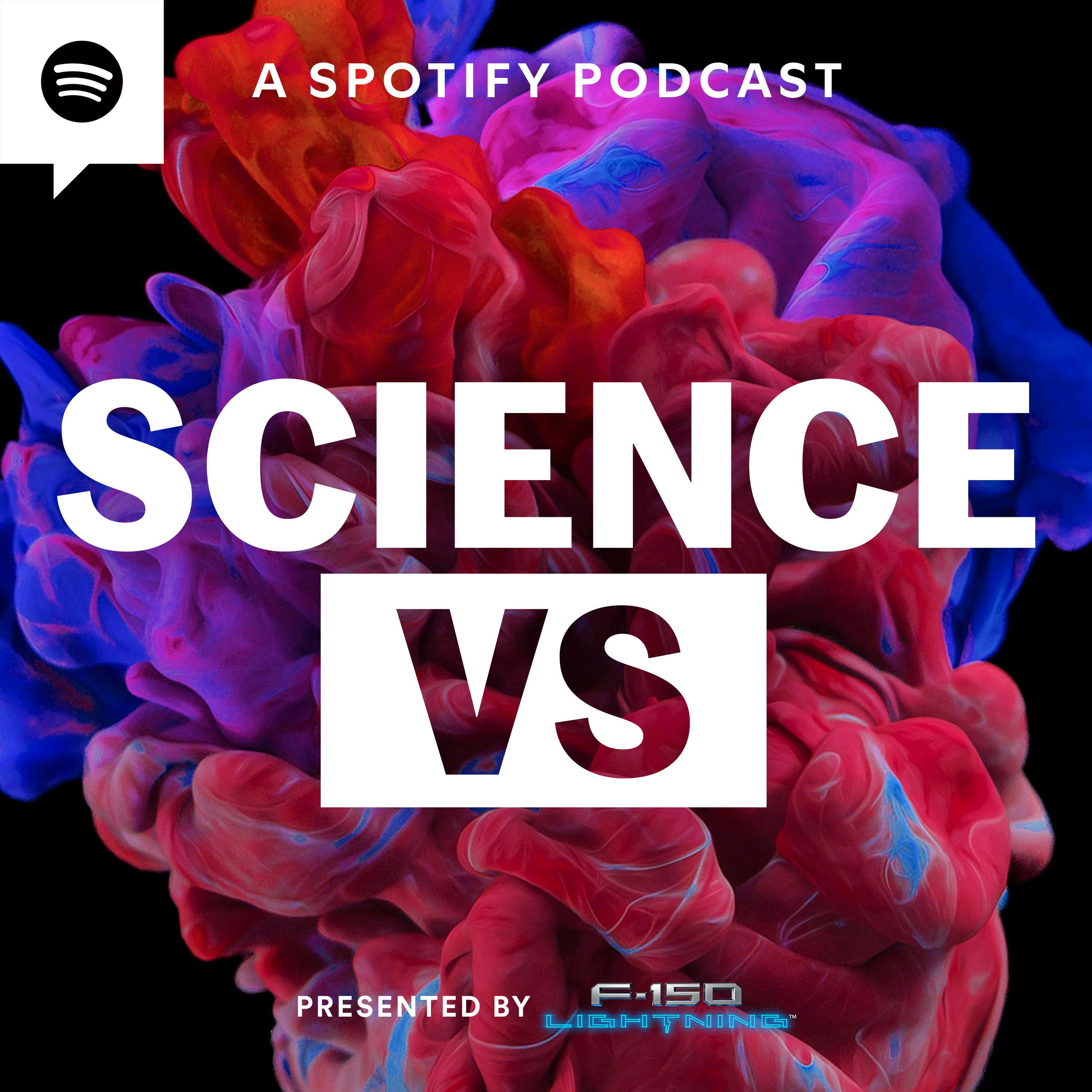
Deep Dive
Shownotes Transcript
People say that lowering inflammation is the key to boosting your mental and physical health. And there are all these claims about the best way to do it: add “anti-inflammatory foods,” like blueberries or turmeric, and absolutely don’t do certain kinds of exercise. We’ll find out how you can really lower your inflammation, and what this can do for your body and mind. We talk to neuroscientist Dr. Caroline Ménard, nutrition scientist Dr. Rosa Casas, and exercise physiologist Dr. Grace Rose.
This episode does discuss depression and suicide a little bit. Here are some resources:
- United States:
National Alliance on Mental Health: Call 1-800-950-NAMI (6264), text “HelpLine” to 62640
Suicide & Crisis Lifeline: Call or text 988
- International resources and general mental health resources can be found here: https://resources.byspotify.com/)
Find our transcript here: https://bit.ly/sciencevsinflammation)
In this episode, we cover:
(00:00) Chapter 1: Everybody is talking about inflammation
(03:23) Chapter 2: How inflammation can affect our bodies and minds
(16:04) Chapter 3: Can we fix inflammation by cutting out nightshades?
(19:48) Chapter 4: How to really lower your inflammation through your diet
(28:44) Chapter 5: Does working out too hard raise chronic inflammation?
This episode was produced by Meryl Horn with help from Wendy Zukerman, along with Michelle Dang, Rose Rimler and Ekedi Fausther-Keeys. We’re edited by Blythe Terrell. Mix and sound design by Sam Bair. Fact checking by Diane Kelly. Music written by Bobby Lord, Emma Munger, So Wylie, Bumi Hidaka and Peter Leonard. Thanks to all the researchers we spoke with for this episode, including Professor Suzanne Segerstrom, Professor Andre Nel, Dr. Hannah Mayr, Professor Zhaoping Li, Dr. Jennifer Felger, Professor Andreas Michalsen, Professor Charles Serhan, Professor Heather Zwickey, Dr. Jian Tan and Professor Philip Calder.
Science Vs is a Spotify Studios Original. Listen for free on Spotify or wherever you get your podcasts. Follow us and tap the bell for episode notifications.
Learn more about your ad choices. Visit podcastchoices.com/adchoices)